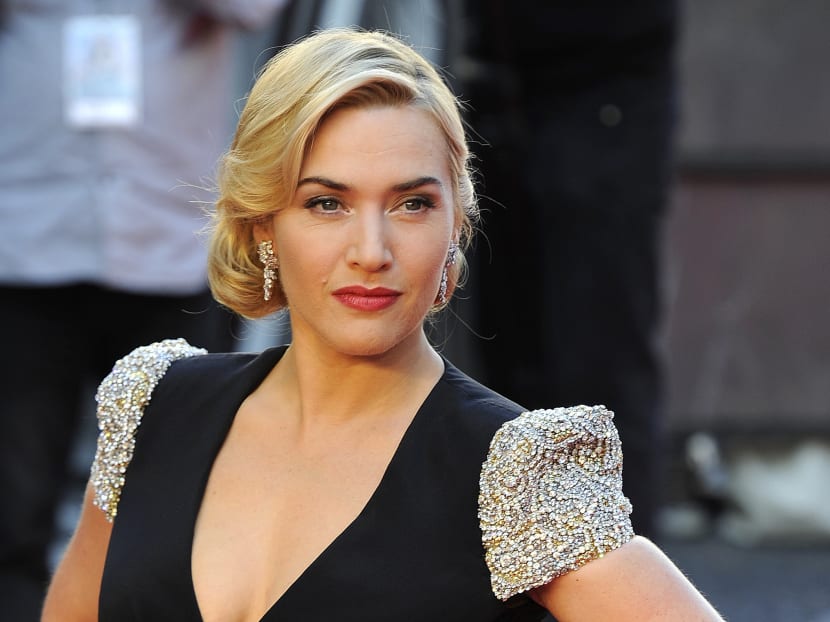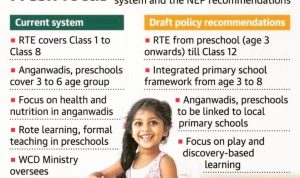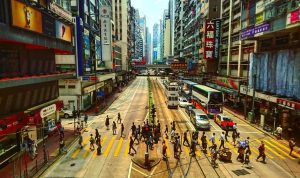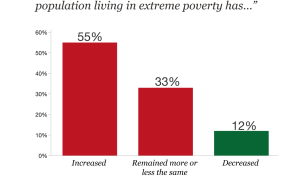Celebrity Politicians Stirring Social Media Buzz introduces the fascinating intersection between fame and politics, where public figures leverage their influence to engage with audiences online. In a world where social media reigns supreme, the actions and opinions of these celebrity politicians can ignite discussions, shape public perception, and even influence electoral outcomes. The unique blend of entertainment and governance not only captivates followers but also poses challenges and opportunities for political discourse.

As these public figures navigate their dual roles, they bring a fresh perspective to political issues, often using their platforms to advocate for social change or raise awareness about pressing issues. Their celebrity status allows them to reach a wide audience, making their messages resonate in ways that traditional politicians may struggle to achieve. This phenomenon has transformed the landscape of political communication, making it essential to explore the implications and dynamics of celebrity influence in the political arena.
In today’s fast-paced digital landscape, the way we communicate and share information has transformed dramatically. The advent of the internet and social media platforms has not only changed how we interact but also how we present ourselves to the world. This article explores the evolution of communication, its impact on personal relationships, and the emerging trends that are shaping the future of interaction.To understand the current state of communication, we must first look back at its historical context.
In ancient times, communication was limited to face-to-face interactions, written messages, and symbols. The invention of the printing press in the 15th century marked a significant turning point, allowing for mass communication through printed material. Fast forward to the 20th century, and we see the introduction of telephones, radios, and televisions, further revolutionizing how information was disseminated.The late 20th and early 21st centuries witnessed the rise of the internet, which brought about an unprecedented level of connectivity.
Email, instant messaging, and social networking services like Facebook and Twitter emerged, enabling people to communicate across vast distances with ease. This shift has not only facilitated personal connections but has also had profound implications for businesses, politics, and society at large.One of the most notable changes in communication is the rise of social media. Platforms such as Instagram, Snapchat, and TikTok have redefined how individuals express themselves and share their experiences.
The emphasis on visual content has led to a shift from text-based communication to more dynamic forms of interaction. As a result, the way we present our identities online has become increasingly curated and strategic.However, the impact of social media extends beyond mere self-presentation. It has also influenced how we maintain personal relationships. The ability to connect with friends and family instantly, regardless of geographical barriers, has strengthened bonds.
Yet, this convenience comes at a cost. The prevalence of online communication has been linked to a decrease in face-to-face interactions, leading to concerns about the depth and quality of our relationships.Furthermore, social media’s influence on communication has led to the rise of new social norms. The concept of “likes,” “shares,” and “follows” has transformed how we gauge popularity and acceptance.
This can create pressure to conform to certain standards and portray an idealized version of oneself. As a result, issues such as anxiety, depression, and self-esteem have been exacerbated, particularly among younger generations who are more susceptible to these influences.Despite these challenges, the evolution of communication has also opened new avenues for connection. Online communities form around shared interests, providing spaces for individuals to find support, share ideas, and collaborate.
These digital platforms have democratized access to information, allowing for diverse voices to be heard and promoting social movements that challenge the status quo.As we look to the future, several emerging trends are shaping the landscape of communication. The rise of artificial intelligence (AI) and virtual reality (VR) technologies promises to further transform how we interact. AI-driven chatbots and virtual assistants are already streamlining communication in various sectors, from customer service to personal organization.
VR, on the other hand, offers the potential for immersive experiences that can replicate in-person interactions, making distance feel less significant.Moreover, the growing emphasis on mental health and well-being is influencing how we communicate. People are increasingly valuing authenticity and vulnerability in their interactions. This shift is reflected in the rise of platforms that prioritize mental health awareness and promote meaningful conversations around emotional well-being.
As we navigate the complexities of modern communication, fostering genuine connections will become paramount.In conclusion, communication has evolved dramatically over the centuries, shifting from basic forms of interaction to the complex digital landscape we navigate today. While social media and technology have provided us with unprecedented connectivity, they have also introduced new challenges that require careful consideration. As we move forward, it is essential to strike a balance between embracing innovation and nurturing authentic relationships.
By prioritizing genuine connection, we can create a more compassionate and understanding world, one conversation at a time.
Popular Questions: Celebrity Politicians Stirring Social Media Buzz
What defines a celebrity politician?
A celebrity politician is typically a public figure who has gained fame through entertainment or media and subsequently engages in political activities or runs for office.
How does social media impact their political influence?
Social media enables celebrity politicians to communicate directly with their followers, bypassing traditional media filters, thus amplifying their reach and impact on public opinion.
Are there risks associated with celebrity politicians?
Yes, celebrity politicians may face scrutiny over their qualifications and decision-making, and their celebrity status can overshadow substantive political discussions.
Can celebrity politicians effectively address serious issues?
While celebrity politicians can raise awareness about serious issues, their effectiveness often depends on their understanding of the topics and their ability to engage thoughtfully with complex matters.
Do celebrity politicians change voter demographics?
Yes, by attracting younger audiences and those who may not traditionally engage with politics, celebrity politicians can influence voter demographics and participation rates.






